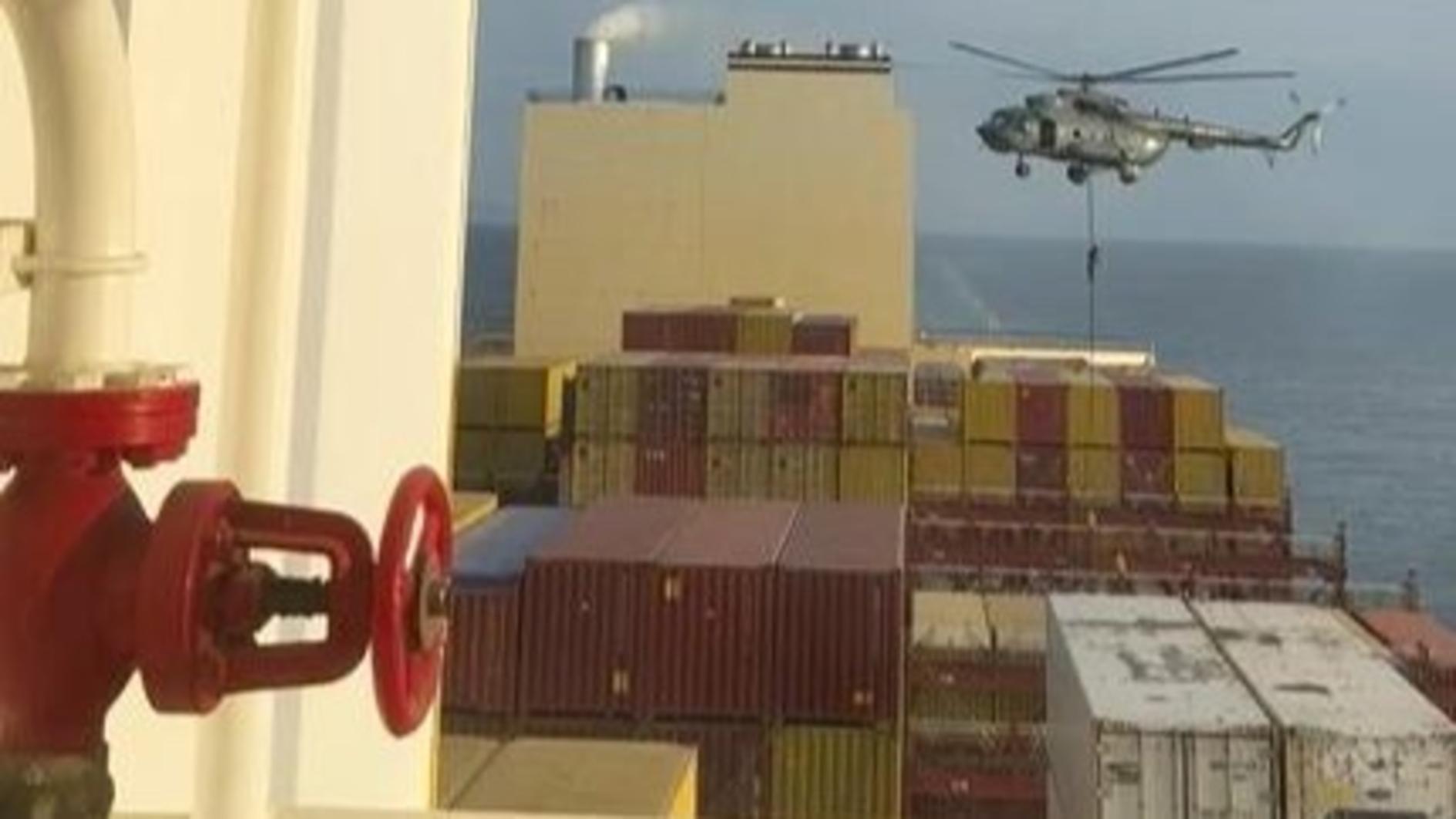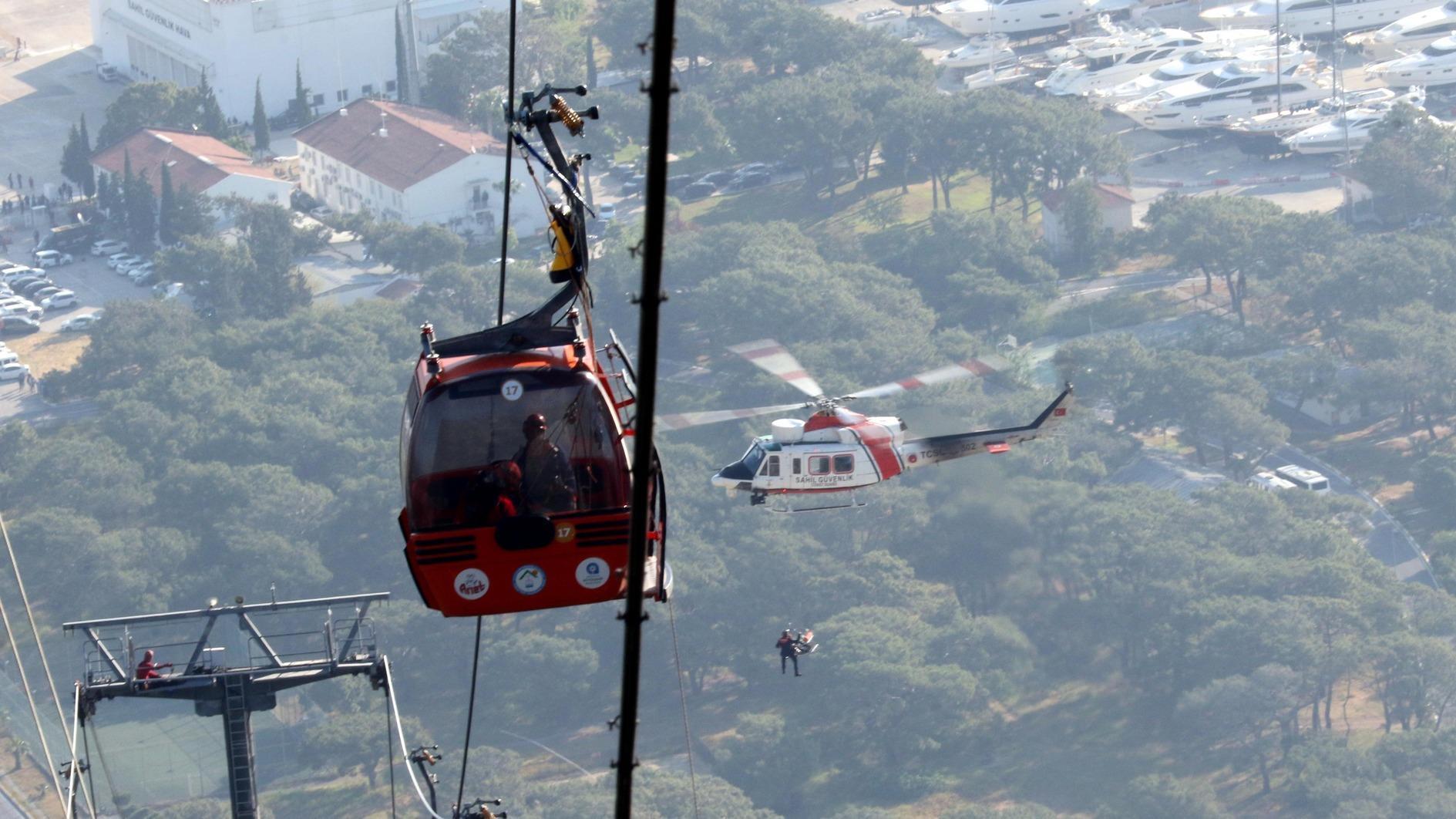Anastasiades might be victorious
The latest public opinion poll published in the Greek Cypriot sector of Cyprus produced two contradicting results. The poll, published in the Politis and Haravgi newspapers, showed at least 60 percent of Greek Cypriots disapprove of President Nikos Anastasiades’s performance. Paradoxically, the same polls underlined that although the upcoming presidential vote would not be completed on the first voting scheduled for Jan. 28 and that there would be a runoff, Anastasiades remained the leading candidate of the first round and prospective winner of the second round with a rather big margin.
Why did Anastasiades have such a high disapproval rate? This result should not be surprising for anyone aware of Anastasiades’s gross failure, not only in the Cyprus talks process, but also in overcoming the governance deficiencies of the socialist Demetris Christofias era, an instrumental factor that brought him to power five years ago. The explosion at a military base near Paphos where confiscated ammunition bound for the Bashar al-Assad regime in Syria were stored in open air under Cyprus’s roasting sun, the resulting damage to the electricity power station of the Greek Cypriot side and an acute energy shortage were just some of the vivid indicators of the gross governance deficiency of the Christofias era. As a consequence of the growing public discontent with his performance, Christofias not only did not seek reelection but left the presidency silently as if escaping from prison while thousands were demonstrating against him a few meters away from the front gate of the presidential office.
The poll conducted through telephone interviews with some 6,000 Greek Cypriots from Sept. 21-27, showed although Anastasiades cannot yet compete for public discontent against his predecessor Christofias, he might hold the title of second worst president to have ever taken office. Still, in the first vote on Jan. 28, 2018, Anastasiades might be in the lead with 27 percent of the vote while Nicholas Papadopoulos, the leader of the Democratic Party and son of former President Tassos Papadopoulos, tipped to come in second with 16 percent of the vote while Stavros Malas, the candidate of the socialist Progressive Party of Working People (AKEL) is anticipated to come in third with 13 percent of the vote. Citizens’ Alliance candidate former Foreign Minister Giorgos Lillikas is expected to be fourth in the race, estimated to receive as little as three percent of support, while independent Mihalis Minas is tipped to receive just around one percent of the vote.
There is yet another potential candidate for the race, Constantinos Christofidis, the rector of the University of Cyprus who shocked many people in August with the following statement: “Today, we do not tell the truth to children in our schools, or rather, we do not tell the truth about the facts that caused 1974. Teachers only mention nationalist reasons on national anniversaries and equip children with animosity. This is a big mistake, even a crime. Raising children with lies and false feelings is different from enhancing their creativity and imagination. We should therefore focus on education oriented towards peace, tolerance and friendship. We should accept the mistakes of the past and build strong cooperative ties in this regard for the future.”
Will Constantinos Christofides participate in the election? Apparently he is inclined to participate and the Politis-Haravgi poll showed even if he might not have a chance of election, he might have an impact on the first round of voting. Yet, the impact will apparently be minimal and will not affect the outcome. Accordingly, should Christofides participate in the contest, Anastasiades will still come in first in the first round of voting, but with a lower 23 percent of support. Papadopoulos will be second with 14 percent, Malas with 12 percent, Lillikas with two and Minas with barely one percent of support. Christofides is tipped to receive 9 percent.
Even though Father Papadopoulos was elected to office in 2003 with Akel’s support in the runoff vote, the socialist party is not expected to support an anti-federation candidate Papadopoulos. Perhaps that was why Anastasiades has been in efforts to convince his opponents, particularly Akel, that he might return to the Cyprus talks “from where they were left in Geneva.” Furthermore, Christofides and his supporters are not anticipated to support a far-right Papadopoulos either. With Akel and Christofides’s support, Anastasiades might easily grab a second term in office.
Anastasiades might make history as the only other Greek Cypriot leader, after Makarios and Glafcos Clerides, to be elected office for a second term.











